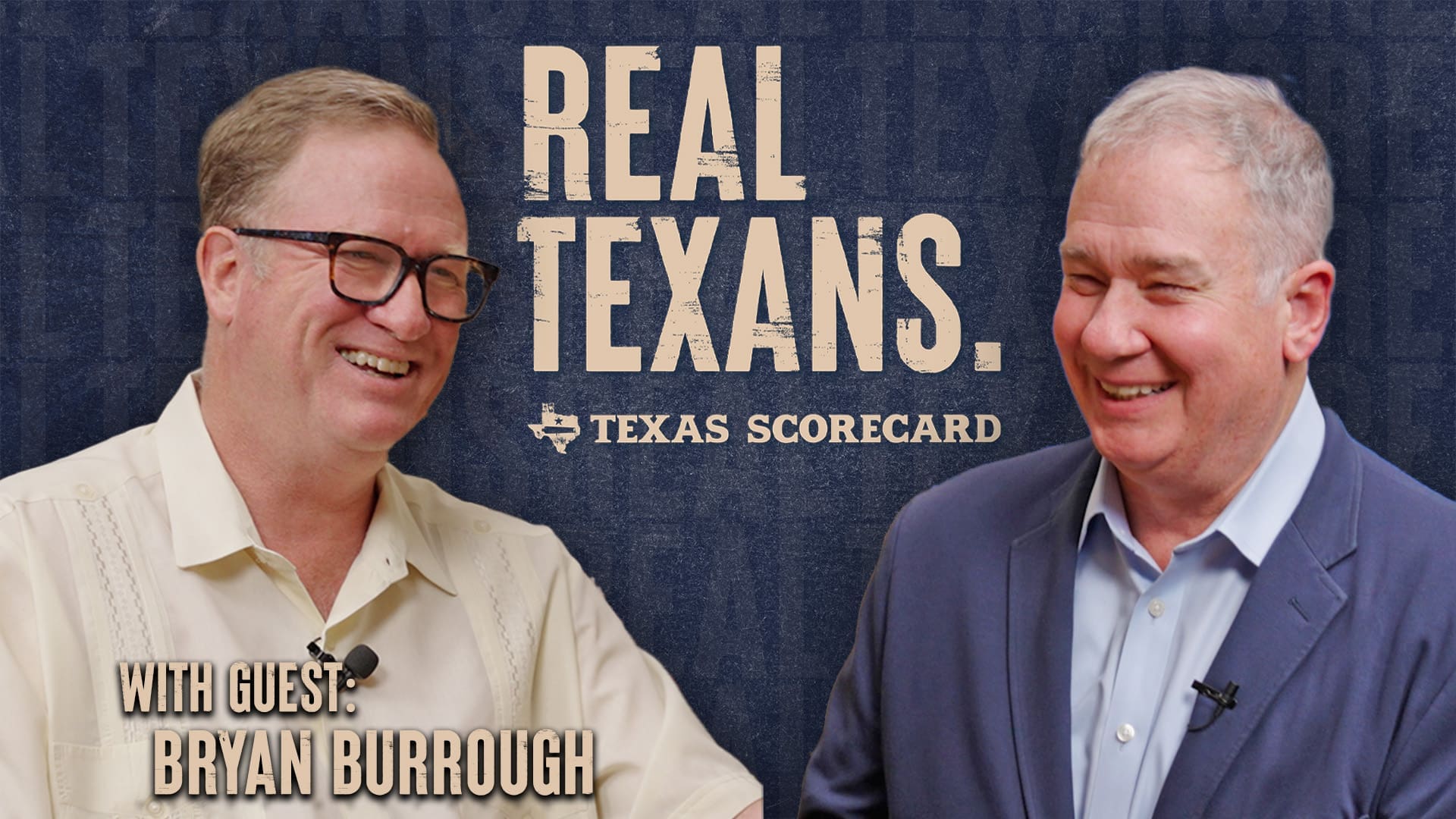We’ve mentioned before that regardless of how much of a budget shortfall is estimated for the next biennium (anywhere from $16 billion to $27 billion), the way to approach it is not by asking what can we “cut from the top” of current spending, but what are the services that are “most essential and necessary.”
The answer to this should be a zero-based budgeting system. Essentially, every two years, the state budget is wiped clean and is re-calculated as if starting from scratch. That way, departments, agencies, and other government entities find it much tougher to spend your tax dollars inefficiently because they cannot count on current levels of spending to be maintained.
Thankfully, newly sworn-in Rep. Charles Perry has proposed such a system in House Bill 187.
The bill proposes that each government entity submit a plan that describes the activities they are seeking taxpayer money for and a reference to the Texas statute that authorizes them to do so. In this plan, the entity must include:
- what would happen if the money was not allocated to them,
- an itemized list of expenditures needed to maintain a minimum level of service,
- an itemized list of expenditures need to maintain a current level of service, and
- a ranking of the proposed activities to illustrate the relative importance of each.
-
It’s that simple. Nothing in this bill asks anything from these entities that you or I don’t do when budgeting our own finances (whether some of us are actually meticulous enough to write it down). Why should we expect anything less from our government?
Simple tasks based on fiscal responsibility has solved our “budget shortfalls” in the past and allowed Texas to grow into the most economically prosperous state in the nation. We’d be unwise to do differently this time around.




